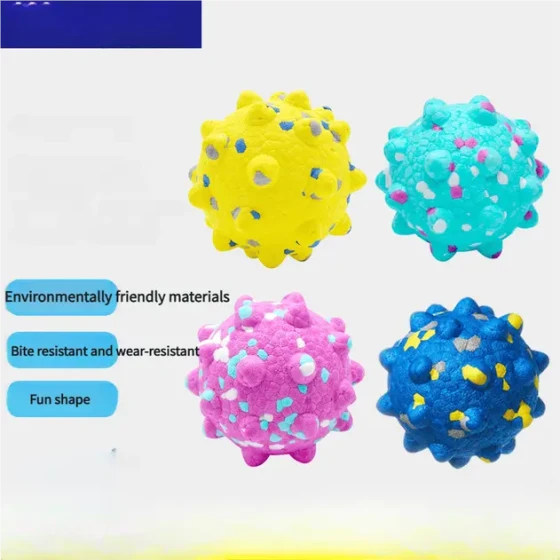Feeding Points of Greater Swiss Mountain Dog

Greater Swiss Mountain Dog (Detailed Introduction)
The Greater Swiss Mountain Dog is a very excellent working dog. During the process of raising a Greater Swiss Mountain Dog, the owner must pay attention to the dog’s mineral intake. Especially for Greater Swiss Mountain Dogs entering old age, as metabolism gradually declines and digestive function weakens, during this period it is suitable to feed it food with low protein content and low fat content.
Feeding Points
Feeding considerations for puppy Greater Swiss Mountain Dogs
Minerals are the main components that make up functional tissue cells, bone marrow, and all teeth. They are basic substances that maintain acid-base balance and osmotic pressure, and are major components of many enzymes, hormones, and vitamins. Essential minerals for dogs include calcium, phosphorus, iron, copper, cobalt, potassium, sodium, chlorine, iodine, zinc, magnesium, manganese, sulfur, selenium, etc. They are indispensable substances that make up the dog’s bones and teeth. The amount and ratio of minerals required by dogs are fixed. Lack of salt will cause severe physiological dysfunction, but excess can cause poisoning or even death. The calcium to phosphorus ratio should be appropriate, generally 1.2:1. Since the phosphorus content in the liver is dozens of times that of calcium, feeding liver long-term to puppies can lead to poor bone development.
Feeding considerations for senior Swiss Mountain Dogs
When dogs get old, you can still make them comfortable. Older dogs have poor gastrointestinal function and low activity levels, which easily cause constipation. Therefore, you can increase some plant fibers for them. If the senior dog’s teeth are not very good, you can change hard special dog food to softer dog food. Or soak the dry food before feeding.





